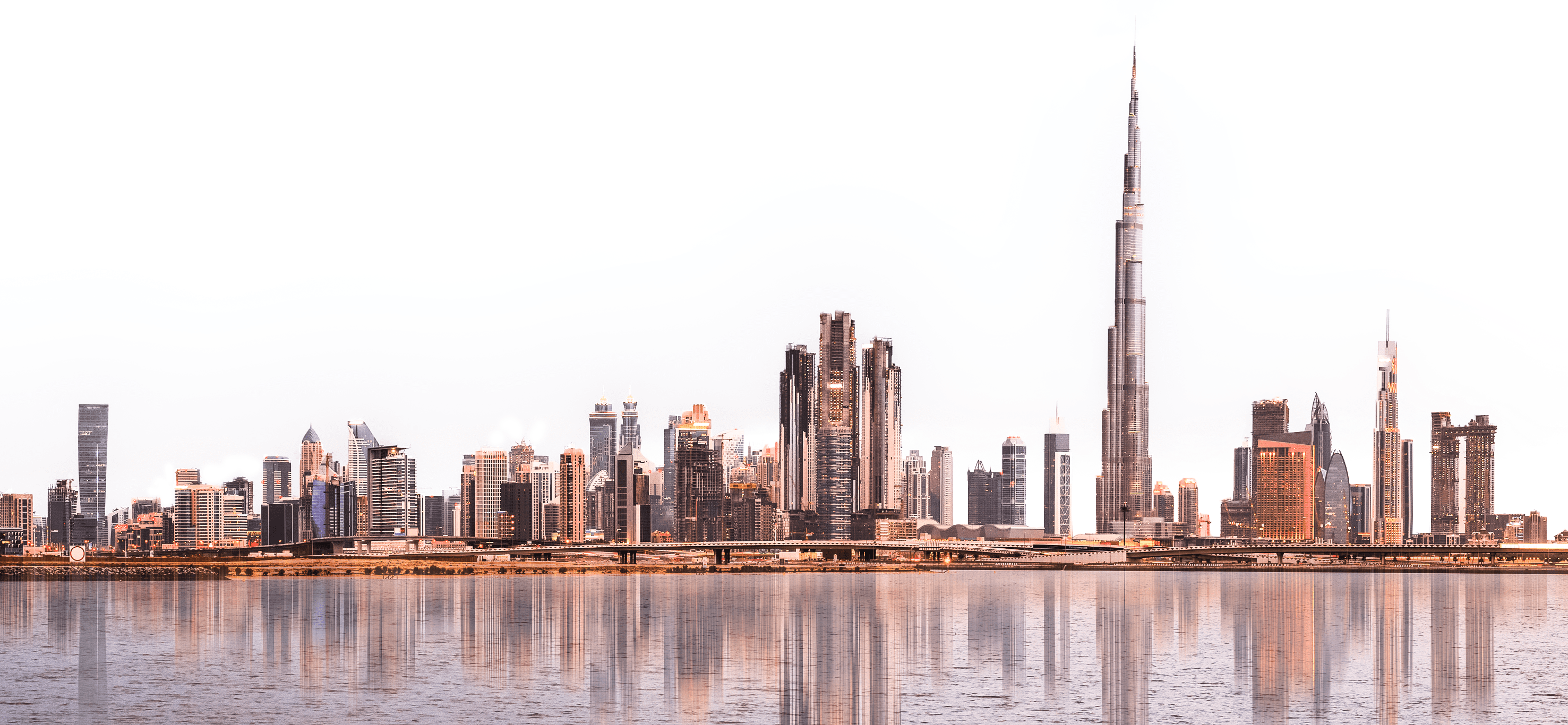
A global virtual assets hub
The Government of Dubai is pursuing a bold strategic agenda designed to ensure the emirate asserts its position as a global leader in the future economy. At a federal level, the UAE Council for Artificial Intelligence and Blockchain is working to promote collaboration between the public and private sectors to advance research in new technologies and develop an AI-friendly ecosystem. Aligned with the UAE vision, the Dubai Metaverse Strategy aims to create 40,000 virtual jobs over the next five years and add $4 billion to the economy.
A regional and global business hub for game-changing technologies, Dubai has rapidly emerged as an influential international player in the virtual assets space. It offers VASPs and other digital economy-focused companies multiple advantages, including future-ready regulations, a dynamic and expanding ecosystem, successful track record in innovation, and access to a highly skilled global workforce.
Why Virtual Assets?
In January 2022, the global cryptocurrency market was valued at around $800 billion, growing to $1.2 trillion by the end of Q1 2023. Considering the peak market cap of $2.9 trillion in 2021, the market is expected to continue to expand and develop, creating vast opportunities.
Virtual assets are revolutionising the way in which individuals and businesses around the world engage with one another financially. From making payments easier, faster and more accessible to supporting transactional transparency, the sector is transforming the global financial landscape.
The emirate is at the forefront of this radical shift in the global economy and financial markets. The Dubai Economic Agenda D33 presents a clear roadmap to double the size of the economy over the next decade with digital transformation projects set to generate an annual contribution of AED 100 billion. This includes the launch of Sandbox Dubai, which will encourage the testing and commercialisation of new technologies and make Dubai a global innovation hub.
Dubai: A Nexus for Digital Innovation
Ambitious government strategies and a world-class business-friendly environment underpin Dubai’s appeal as a nexus for digital innovation. Ranked number one in the GCC in both the 2022-2023 Innovation Cities Index, and Global Innovation Index 2022, the emirate is rising to prominence as a global hub for the emerging virtual assets space.
Dubai’s culture of innovation naturally lends itself to the dynamic world of virtual assets. Its progressive market model has laid solid groundwork for digital opportunity through initiatives such as the Dubai Blockchain Strategy, launched in 2016; the UAE Centre for the Fourth Industrial Revolution, a partnership between Dubai Future Foundation and the World Economic Forum (2019); and the Dubai Metaverse Strategy in 2022.
With future-facing, visionary leadership, Dubai’s resilient and dynamic economy is entering the next phase of transformation under the Dubai Economic Agenda D33. The engine of digital economy advancement and a further catalyst for innovation, Virtual Asset Service Providers (VASPs) choosing to set up in Dubai are also welcomed by a pro-business government mindset, supported by a sophisticated regulatory framework, and immersed in a digitally forward community.
Why invest in Dubai?
Entrepreneurs, SMEs and large-scale companies spanning the full spectrum of industry sectors have long considered Dubai an attractive hub for investment. A gateway to the region, with two-thirds of the world’s population accessible by air in under eight hours, the emirate’s geographically strategic location at the crossroads between east and west delivers global trade hub opportunity.
A multicultural cosmopolitan city with an international perspective, its world-class infrastructure and diversified economy reflect the UAE’s overall 16th place global ranking (and top spot in the Middle East & North Africa region) for ease of doing business. The emirate is also home to an expansive - and growing - international talent pool demonstrating world-leading technical and digital skills. Investors benefit from the highly competitive tax environment and, as the home city of the Middle East’s first unicorn, a demonstrable history of promoting and supporting innovation.
Resilient and Dynamic Economy
A diversified economy bolstered by strong economic fundamentals
Smart City Incubating Innovation
Enables a culture of innovation and digitisation becoming home to the Middle East’s First Unicorn
Empowering Institutions
Advocates future-ready regulations and leads the region in governance, government effectiveness and efficiency
Global Financial Hub
Dubai International Financial Centre (DIFC) consistently ranked amongst the world’s leading financial centres
Connecting Worlds
Strategic location "where east meets west", connecting the world as a gateway to two-thirds of the world’s most attractive growth markets
Business Made Easy
Consistently ranked first regionally and 16th globally for "ease of doing business"
Cutting-Edge Infrastructure
State-of-the-art roads, ports, and airports to serve one of the world’s busiest gateways into the region for business, commerce and tourism
Magnet for talent
Highest percentage of global talent retention in the region with exceptional standard of living
Outstanding Trade and Logistics
A logistical gateway to the region and a hub for global trade
A Pro-Business Ecosystem
Dubai’s Department of Economy and Tourism (DET), which is the principal authority for the supervision and development of the emirate’s economic and tourism sectors, alongside Dubai’s numerous Free Zone Authorities (FZAs), play a central role in supporting and advancing the emirate’s standing as a welcoming and world-leading hub for entrepreneurship and innovation.
Dubai is home to more than 20 free zones, including Jebel Ali Free Zone (JAFZA), which was the first to be established in the emirate in 1985, through to Dubai International Finance Centre (DIFC). The benefits of a free zone business licence include 100 per cent foreign ownership, 100 per cent repatriation of capital and profits and fast and easy business set-up.
DET is also mandated with process oversight of onshore (Dubai mainland) companies in the emirate that now allows 100% foreign ownership pursuant to the amendments ratified under Federal Decree-Law No. (26) of 2020.